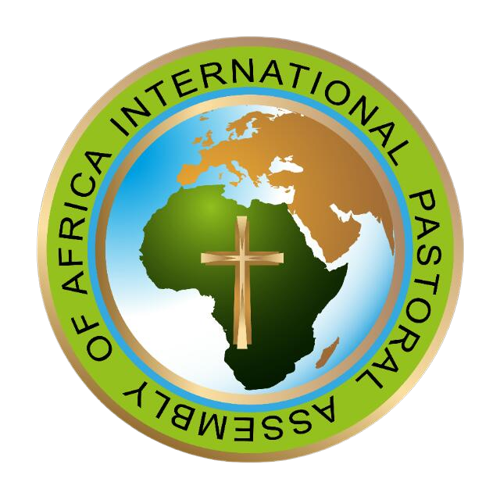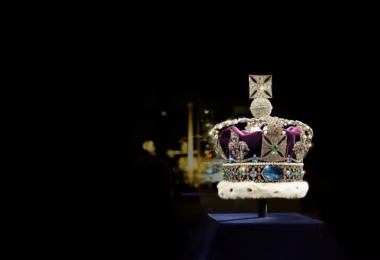Jewish academic and Hebrew scholar Irene Lancaster explores the division of power in Deuteronomy.
Many years ago when I was living in Israel, I was approached at Haifa University by a leading academic. On behalf of a cross-party and cross-religious group of public intellectuals, lawyers, and academics, he wanted to pick my brain on the British system of power. More specifically, he was interested in the role of the Church, State, and monarchy, and also how in the UK power was distributed between them.
Faith is taking the first step even when you don’t see the whole staircase
Martin Luther King Jr
I asked him why this was, and he said that most people were of the opinion that the judiciary in Israel was becoming far too strong and one-sided. Therefore, without either a constitution or a two-Party system, successive Israeli governments were finding that they were unable to govern properly and this was having repercussions both in Israel and in the wider world.
This was in 2007. So, I sat down and talked to him about what my father, a judge originally from Poland, had always told me was one of the glories of the British system. This was the distribution of power between the judiciary, the executive, and the legislature. And as I spoke I realized that I knew more about our own system than I had thought, and was truly surprised that the consortium was really most interested in the role of the Queen. Did she have real power, or was it simply authority?
Fast forward to 2023 and the world is, as usual with ‘the Jewish question’, wading into a situation it does not understand, The State of Israel came into existence via emergency legislation and never had time to sort out what has taken England over 1,000 years of trial and error, with regicide, religious discrimination and devolution along the way. Not to mention the French Revolution and its own bloody repercussions …
But Shabbat’s Torah reading, called Shoftim, (Deuteronomy 16:18 – 21:9), anticipates these very same problems of power and suggests one way of dealing with them.
The answer to power which corrupts is checks and balances. Therefore, toward the end of his life, Moses gives the Children of Israel instructions on how to separate King, judiciary, and legislature.
Later the King would become what we now call the executive, but the Torah regards the institution of the monarchy with – at best – ambivalence. Kings are not really a good thing. And therefore we can only try and curtail their sense of absolute entitlement by sugaring the pill. If we must have a monarch, at least this should be the will of all the people and he should be chosen by G-d.
This is absolutely not the 17th century ‘divine right of kings’, or Louis XIV’s ‘l’etat, c’est moi.’ This is, to be honest, far more like the American ‘we the people ….’ The king must not self-aggrandize. He must not accumulate horses, wives, or money. On the contrary, he should read the Torah daily, and this includes all the commentaries, addenda, and loopholes, including arguments against it. The monarch, in other words, mustn’t throw his power around or curry favor. He should be extremely well-read and be able to deal with affairs of state through piety. He must see all points of view and defer to the better-educated, experienced, and qualified in matters outside his remit.
The priestly class is the one closest to what we now call the legislature. They are learned in deriving laws from original principles, thus anticipating the later rabbinic system which replaces them. Their tribe of Levi has not apportioned any territory in the Promised Land: for sustenance, they have to depend on their brothers. As Levi is given to zealotry, it is felt that they are best placed to concentrate on Temple rites and practices. In this way, their own power will be channeled away from the mess of everyday life.

The judiciary is the ancient judges of old. They have to be impartial and not take bribes. They must exclude themselves from cases where necessary.
So, what we have in Shoftim is a three-fold system of an independent judiciary, a divinely sanctioned king, and a class of lawmakers. And limitations are put on all three in order to avoid abuses of power.
There is a higher authority over all three, and this is G-d Himself. To acknowledge G-d is to understand that the only way to avoid the opposite of what G-d wants is that the organs of government, religion, and law to be separate – there is no other way. And Kings have to remember that they are not G-d and are only there by the will of the people – all the people.
And what if it all goes wrong? What happens then? The answer lies in the Book of Job. In Job 12: 17-25, it states of G-d:

